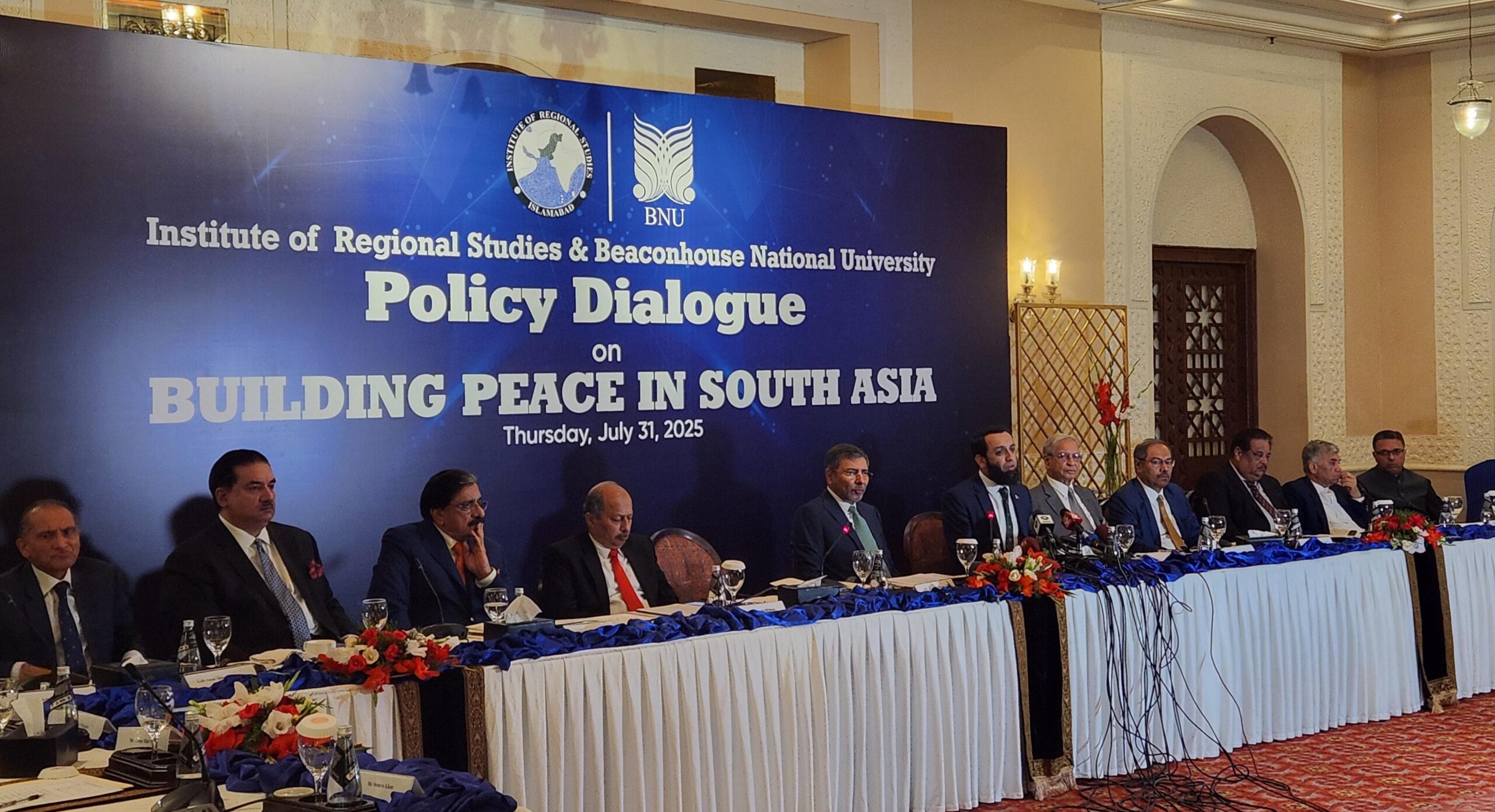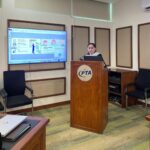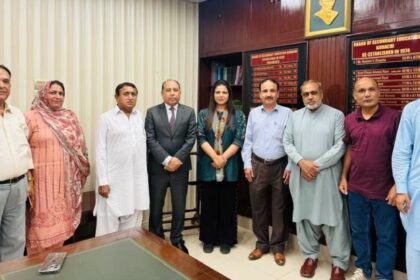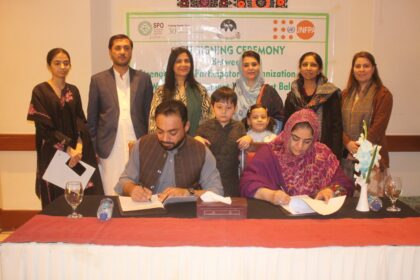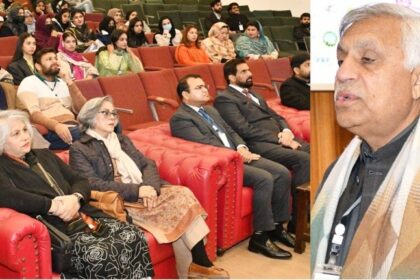The Institute of Regional Studies (IRS) and Beaconhouse National University (BNU) recently hosted a high-level roundtable bringing together prominent intellectuals and policy experts to address the pressing challenges and opportunities for peace in South Asia, in the wake of recent military hostilities between Pakistan and India. The dialogue aimed to identify strategies for restoring regional stability amid escalating tensions driven by what participants described as India’s aggressive military posture.
Attaullah Tarar, Pakistan’s Federal Minister for Information and Broadcasting, served as the chief guest at the event, with former Chairman Joint Chiefs of Staff Committee General Zubair Mahmood Hayat as guest of honor. In his remarks, Minister Tarar emphasized that the foundation for lasting peace in South Asia must be reciprocity and mutual respect. He reaffirmed Pakistan’s ongoing commitment to strengthening peace in the region, but maintained that Pakistan would not hesitate to respond robustly to any aggression, citing the country’s response during Operation Bunyan-um-Marsoos as evidence of its resolve and military capability.
Addressing the long-standing Kashmir dispute, Tarar asserted that the right to self-determination for Kashmiris had become a global issue. He underscored the urgency of resolving the conflict, particularly following the recent Indo-Pakistani military confrontation, which he argued had brought the region dangerously close to nuclear conflict due to India’s alleged “irresponsible behavior.”
The dialogue opened with an in-depth analysis of South Asia’s security landscape following the Pahalgam incident, presented by Ambassador Jauhar Saleem, President of IRS; Dr. Moeed Yusuf, Vice Chancellor of BNU and former National Security Advisor; and Ambassador Mansoor Ahmed Khan, Director of the Beaconhouse Center for Policy Research.
A wide range of senior policymakers, diplomats, former military leaders, and academics participated in the discussions. Notable attendees included Senator Mushahid Hussain Sayed; Khurram Dastgir Khan, former Minister of Defence and Foreign Affairs; former National Security Advisor Lt. Gen. (r) Nasser Khan Janjua; former President of the National Defence University Lt. Gen. (r) Aamer Riaz; former Naval Chief Admiral (r) Asif Sandila; former Vice Chief of Air Staff Air Marshal (r) Saeed Muhammad Khan; and senior diplomats including Ambassadors Ashraf Jehangir Qazi, Ali Sarwar Naqvi, Aizaz Ahmad Chaudhry, Mansoor Ahmed Khan, and Shafqat Kakakhel.
The gathering also featured input from prominent journalists and scholars such as Zahid Hussain, Dr. Maria Sultan of SASSI University, Dr. Huma Baqai of the Millennium Institute of Technology and Entrepreneurship, Maj. Gen. (r) Kamran Khurshid, Ahmer Bilal Soofi of the Research Society of International Law, and Fahd Husain, senior broadcast journalist.
Participants explored potential avenues for renewed dialogue, crisis prevention, and confidence-building measures to avert further escalation in the region. The consensus among speakers was that constructive engagement and strategic cooperation, underpinned by recognition of mutual security concerns, are essential for sustainable peace in South Asia.




